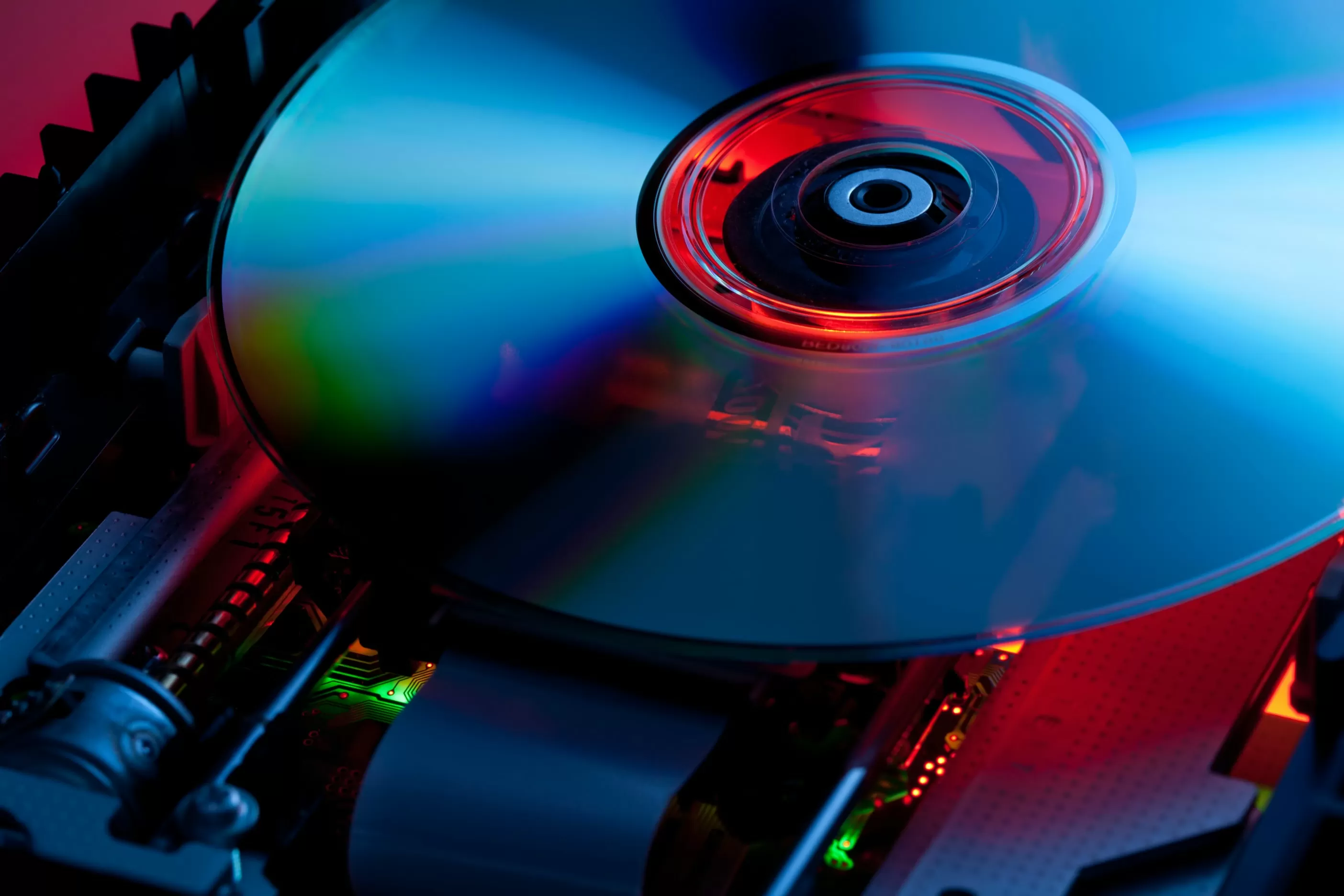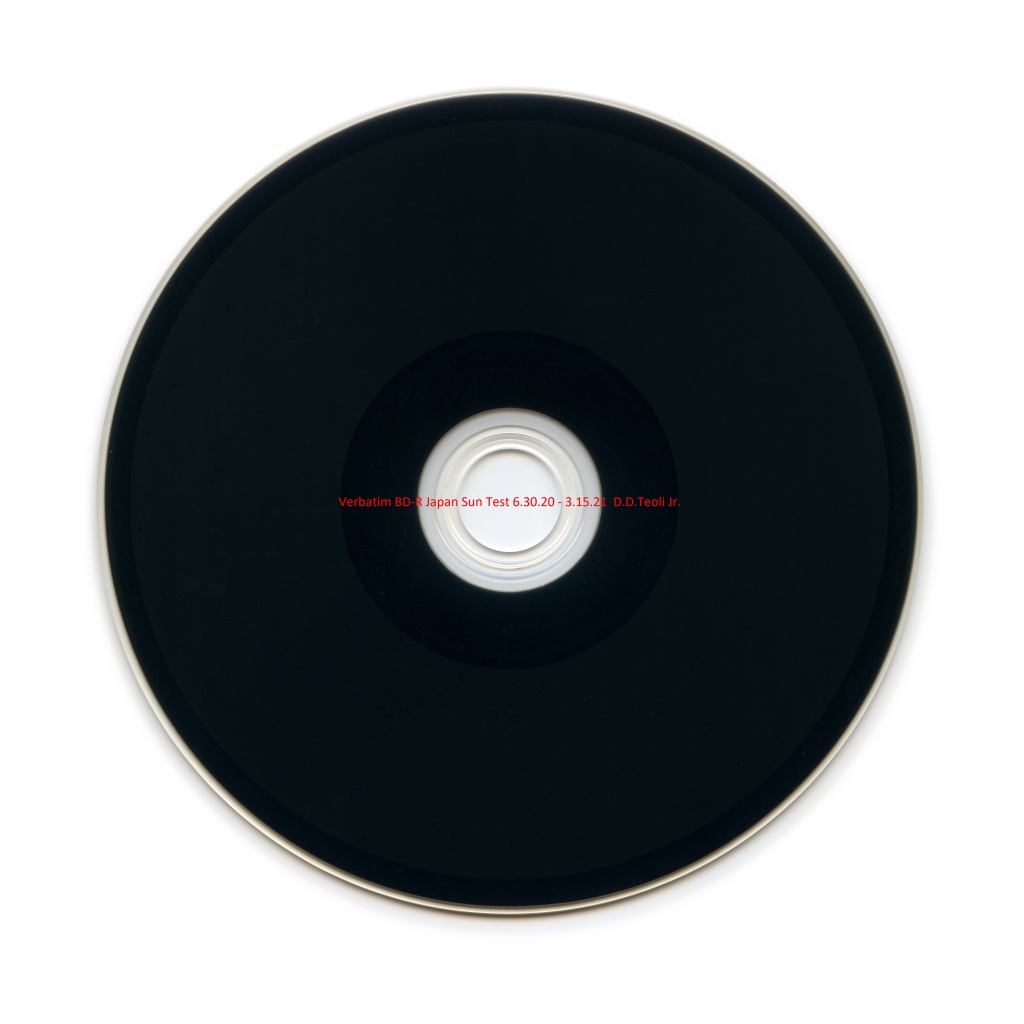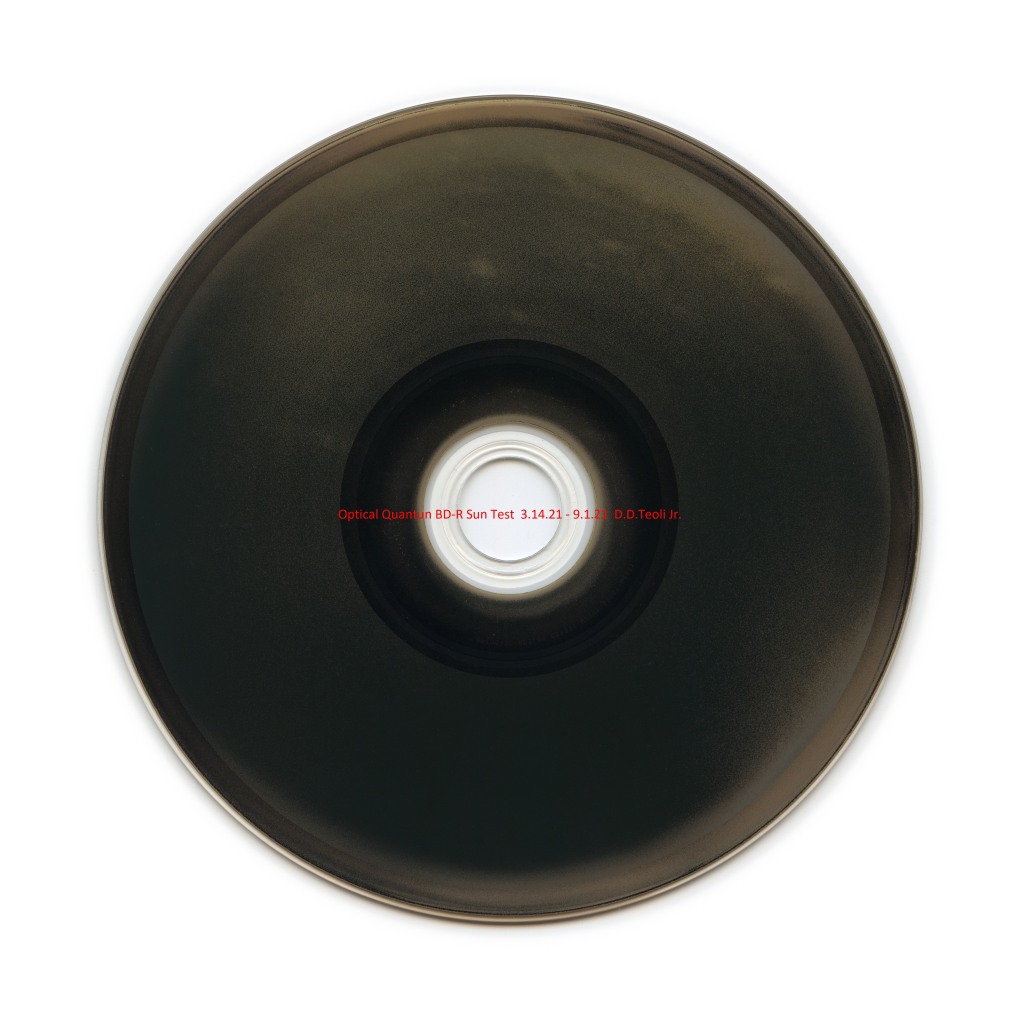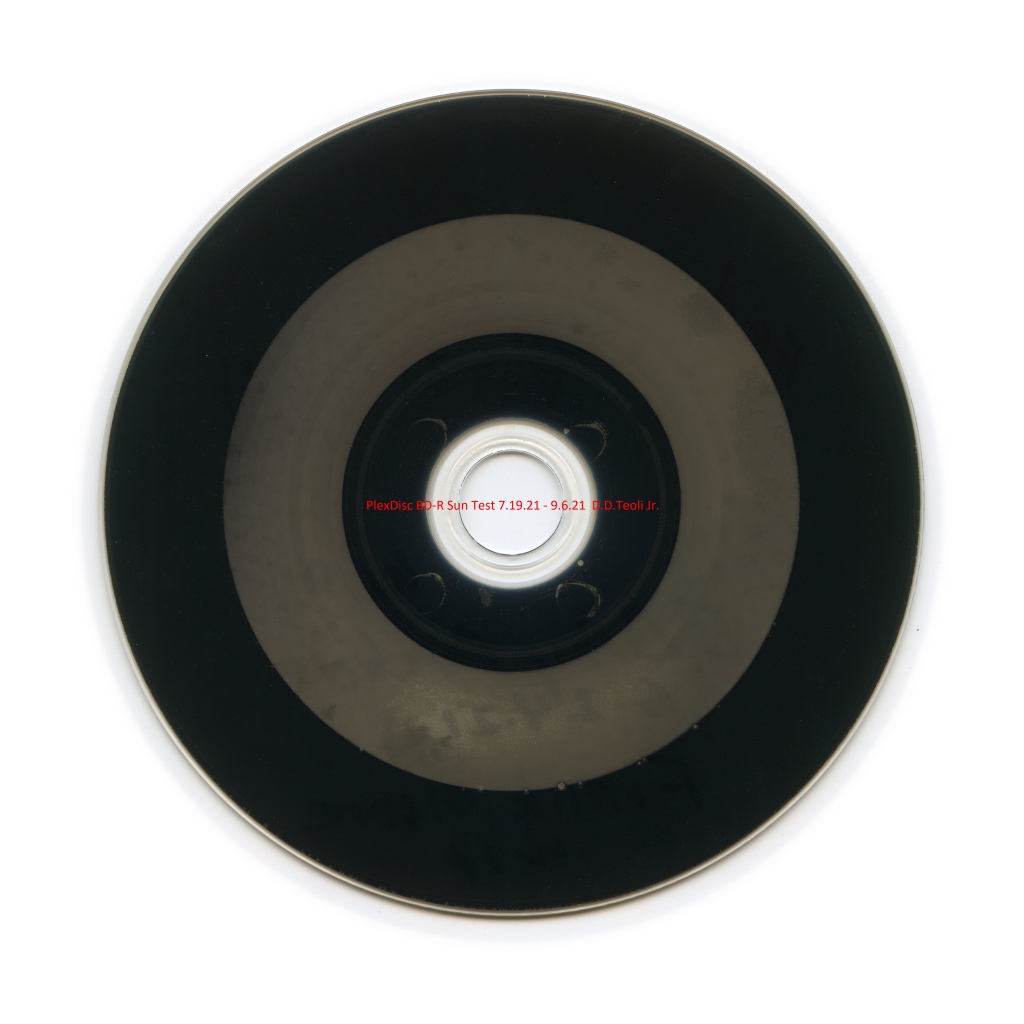What just happened? For home videographers and data hoarders who still rely on optical discs for archiving, some bad news just dropped: Sony is winding down production of recordable Blu-ray media. The last factory in the world churning out those massive 100GB triple-layer and 128GB quad-layer BDXL discs is preparing to shut its lines for good.

In an interview Sony gave to AV Watch recently, the company admitted it's going to "gradually end development and production" of recordable Blu-rays and other optical disc formats at its Tagajo City plants in Miyagi Prefecture, Japan. Essentially, 25GB BD-REs, 50GB BD-RE DLs, 100GB BD-RE XLs, or 128GB BD-R XLs will soon not be available to consumers. Professional discs for video production and optical archives for data storage are also being discontinued.
Sony says it's pulling the plug because the cold storage market never really took off like they hoped, and the overall storage media business has been operating in the red for years. As the company put it bluntly, "We need to review our business structure in order to improve profitability."
It's not all bad news, though. The commercial Blu-ray discs you buy movies and games on will still be produced, so there's no need to panic about the death of physical media just yet.

The Tagajo factory is a bit of a legend; it's the only place left that could manufacture those massive 128GB quad-layer BDXL beasts. The engineers there were so dedicated, they kept developing new triple-layer disc tech even right after the 2011 Tohoku earthquake and tsunami hit.
With disc production shutting down, Sony is also offering up to 250 of the 670 employees at the plant voluntary early retirement packages. The specific shut-down date is still TBD, but consumer disc sales will continue "for the time being" until current stocks run out at retailers. B2B customers will keep getting discs "in stock" for a while longer too.
If burning 100GB Blu-ray discs is still part of your data preservation strategy, you'd better start stocking up on those BDXL blank discs and drives while you still can. Prices are going to skyrocket once supplies dwindle.
It's the end of an era for disc-based backups. Sony first brought consumer recordable Blu-ray to market way back in 2003, giving us 25GB of space per disc – a huge leap over DVDs. Over the next 15 years they crammed more and more data onto discs, hitting 50GB, then 100GB, and finally the 128GB BDXL format in 2018.
Sony is killing off recordable Blu-ray, bidding farewell to disc burning



l.thumb.jpg.af73c7994dcfbf872270f3a380091c77.jpg)

